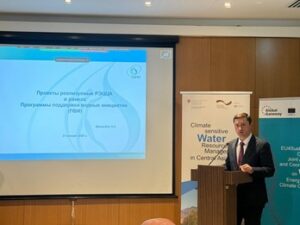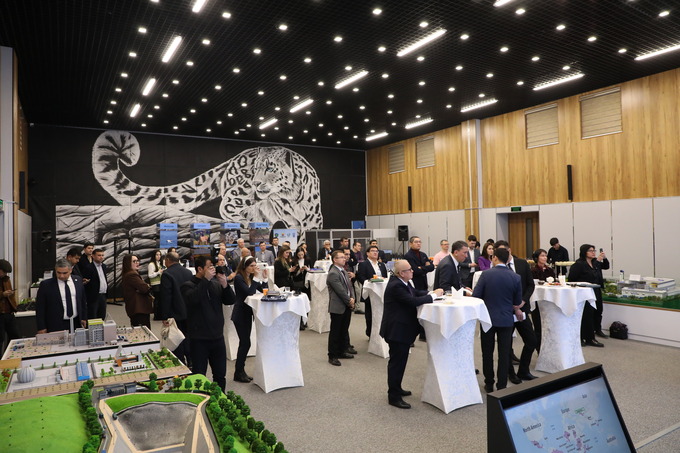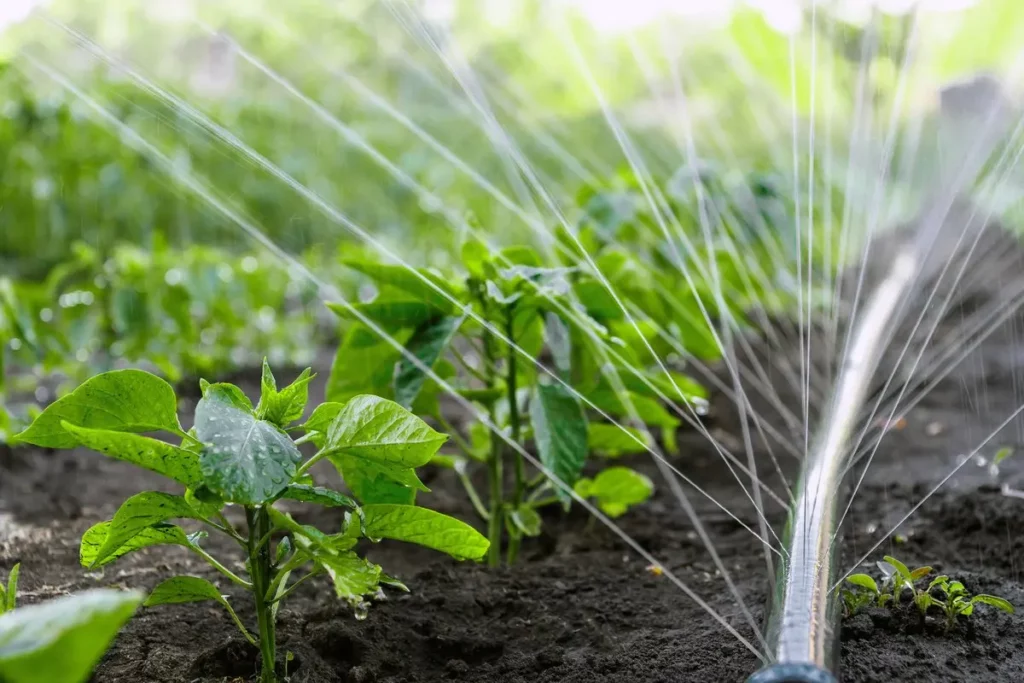“We see that all Central Asian countries recognize the need to transition to the principles of Integrated Water Resources Management (IWRM). However, differences in implementing reforms remain a barrier to full-fledged cooperation. Our task is to align these processes and ensure the harmonization of approaches at the basin level,” noted Zafar Makhmudov, Executive Director of the Regional Environmental Centre for Central Asia (CAREC), at the partner meeting for the “Climate-Sensitive Water Resources Management in Central Asia” project held on January 23, 2025, in Tashkent, Uzbekistan.

Speaking about specific achievements in this area, he highlighted the successful implementation of the project “Climate-Resilient Integrated Water Resources Management in the Zarafshan River Basin.” As part of this initiative, over 50 meteorological stations have been installed to improve forecasting, more than 30 wells have been automated for groundwater monitoring, and training sessions have been conducted for over 100 organizations. The project, implemented in a consortium with Caritas, covers Uzbekistan and parts of Tajikistan.
“This project demonstrates how the practical application of innovations can improve the lives of local communities and ensure sustainable development,” emphasized Zafar Makhmudov.
Additionally, the CAREC Executive Director highlighted the importance of educational programs and strengthening scientific capacity. “We actively collaborate with universities, enhancing their material and technical resources and improving the qualifications of educators. This is a strategically important direction that lays the foundation for the long-term success of water resources management,” he noted.
Zafar Makhmudov also underlined the role of dialogue and experience exchange among the region’s countries: “Successful dialogue starts with technical interaction. The Kazakhstan-Uzbekistan Working Group is a vivid example of how joint efforts can lead to the unification of methodologies and improved water quality monitoring in the Syr Darya River Basin.”
Gender aspects in water resources management are equally important. For example, the joint program with the OSCE, “Women, Water, and Conflict Prevention, Phase III,” where CAREC coordinates the network “Women in Water Resources Management in Central Asia and Afghanistan”, actively promotes gender equality in water resources management and enhances the capacity of women professionals in water diplomacy.
In conclusion, the CAREC Executive Director stressed the need for the involvement of all countries in the region in the water resources management process.
“Building trust, sharing knowledge, and implementing joint solutions are the foundation for a successful and sustainable future for Central Asia,” emphasized Zafar Makhmudov.
In this context, the synergy with pilot initiatives by GIZ is significant. CAREC actively works on building the capacity of basin organizations by assessing their needs through multi-level training programs.



